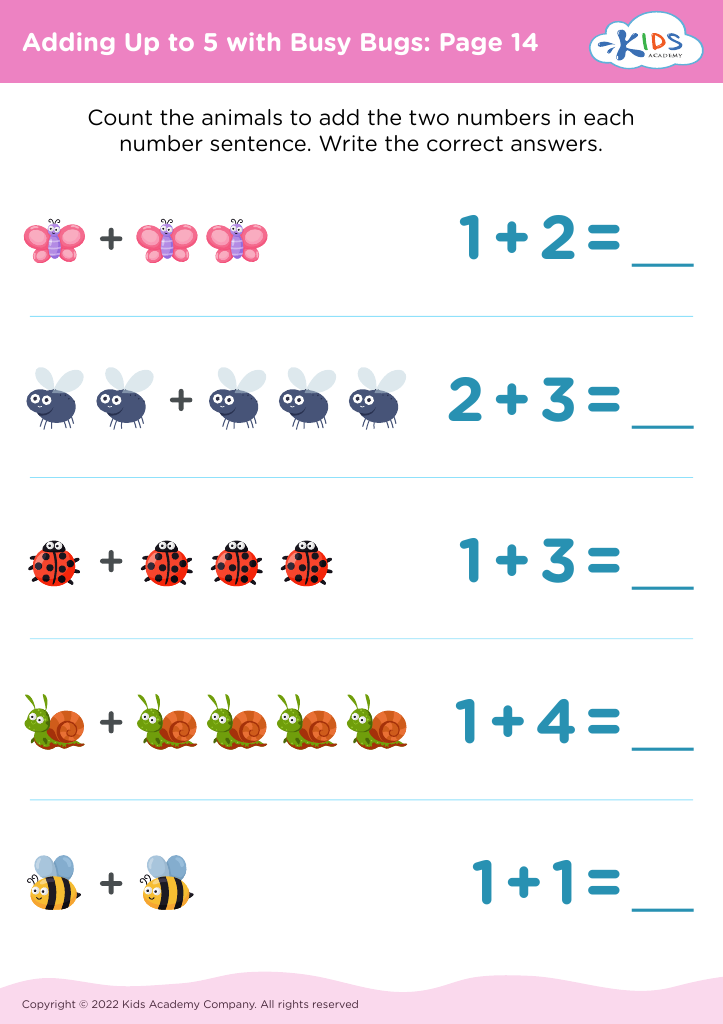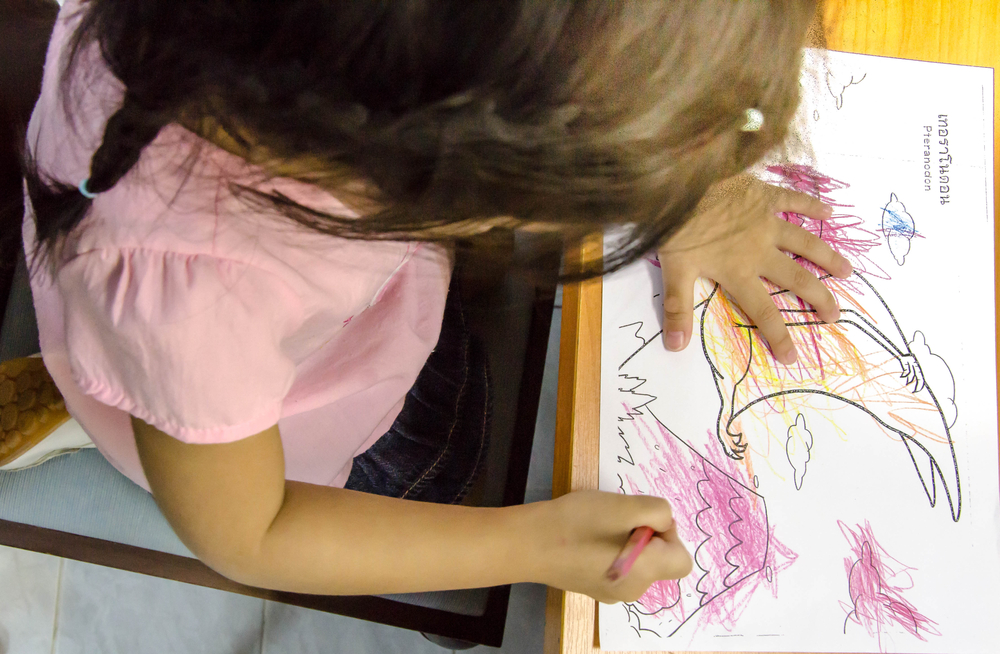Basic arithmetic understanding Math Worksheets for 4-Year-Olds
4 filtered results
-
From - To
Discover our engaging "Basic Arithmetic Understanding Math Worksheets" designed specifically for 4-year-olds! These fun and interactive worksheets help young learners grasp essential math concepts through a variety of activities. Kids will enjoy practicing counting, simple addition, and subtraction using colorful illustrations and friendly characters that make learning enjoyable. Each worksheet is crafted to enhance your child's logical thinking and problem-solving skills while building confidence in their math abilities. Perfect for homeschooling or classroom use, our worksheets make early math learning a delightful experience. Start your child's arithmetic journey today and cultivate a strong foundation in math!
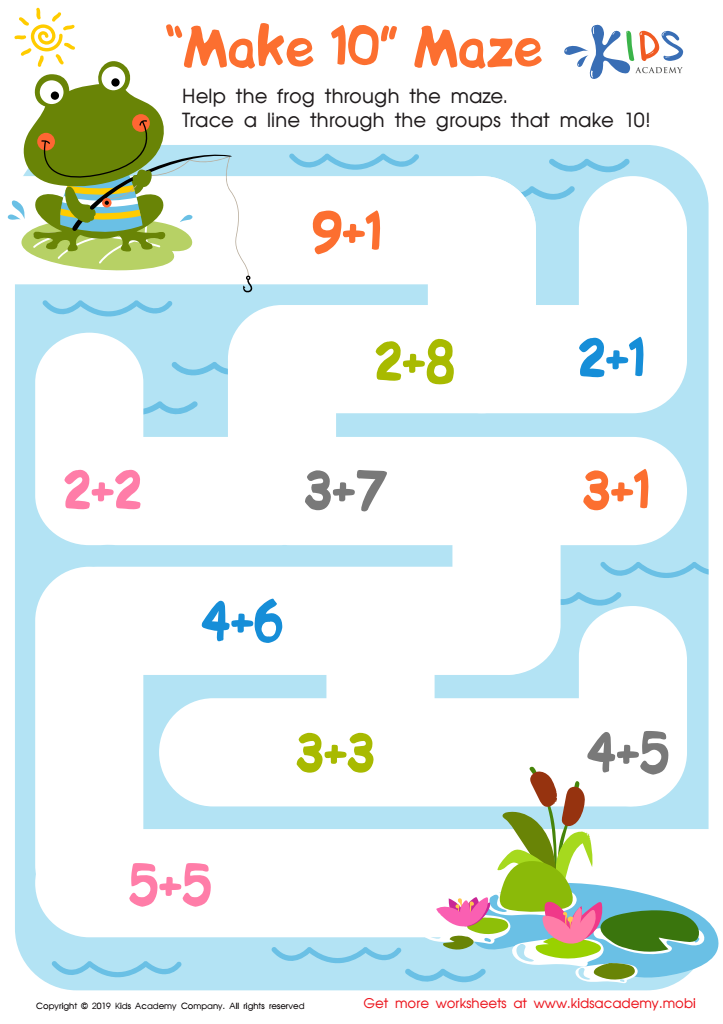

Make 10 Maze Worksheet
Understanding basic arithmetic is crucial for 4-year-olds as it lays the foundation for their future mathematical skills and overall cognitive development. At this age, children are naturally curious and eager to learn, making it an ideal time to introduce them to fundamental concepts like counting, basic addition and subtraction, and number recognition.
First, early math skills are linked to later academic success. Children who grasp basic arithmetic concepts tend to perform better in math-related subjects as they progress through school. This associated confidence helps cultivate a positive attitude toward learning.
Moreover, math is everywhere in daily life, from counting objects during playtime to measuring ingredients for cooking. Teaching basic arithmetic empowers children to make sense of the world around them, enhancing their problem-solving abilities and analytical thinking.
Parents and teachers can also use playful activities—like games, songs, and hands-on learning experiences—to make math enjoyable, ensuring that children engage with the concepts actively.
In conclusion, instilling a solid understanding of basic arithmetic in young learners not only promotes academic success but also equips them with vital life skills, fostering curiosity and a love for learning that lasts a lifetime.
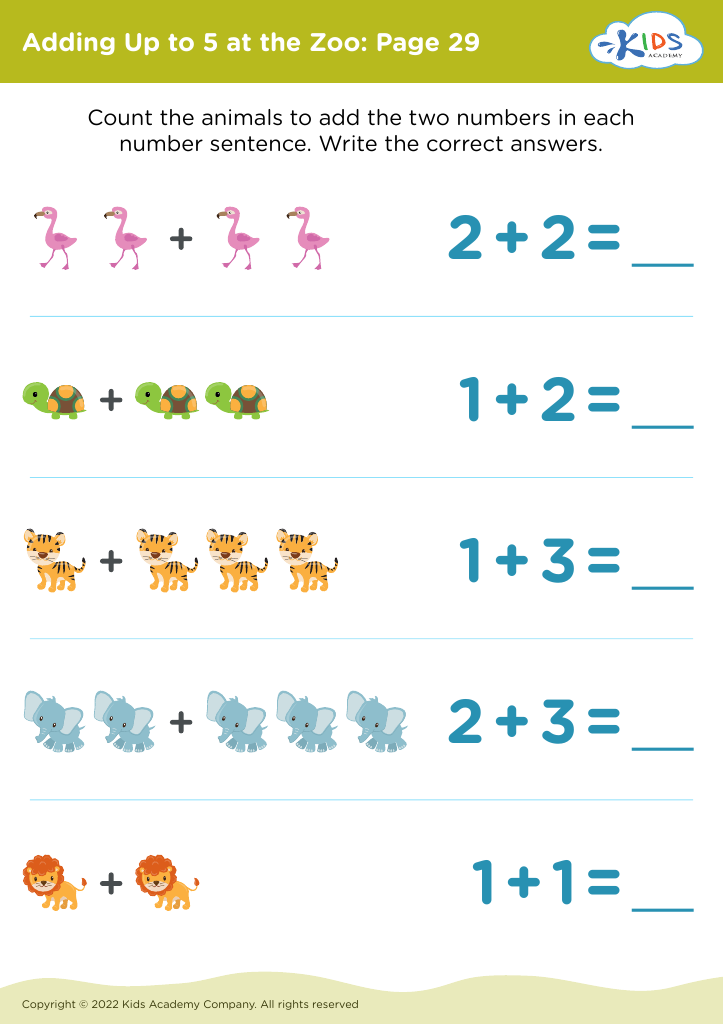
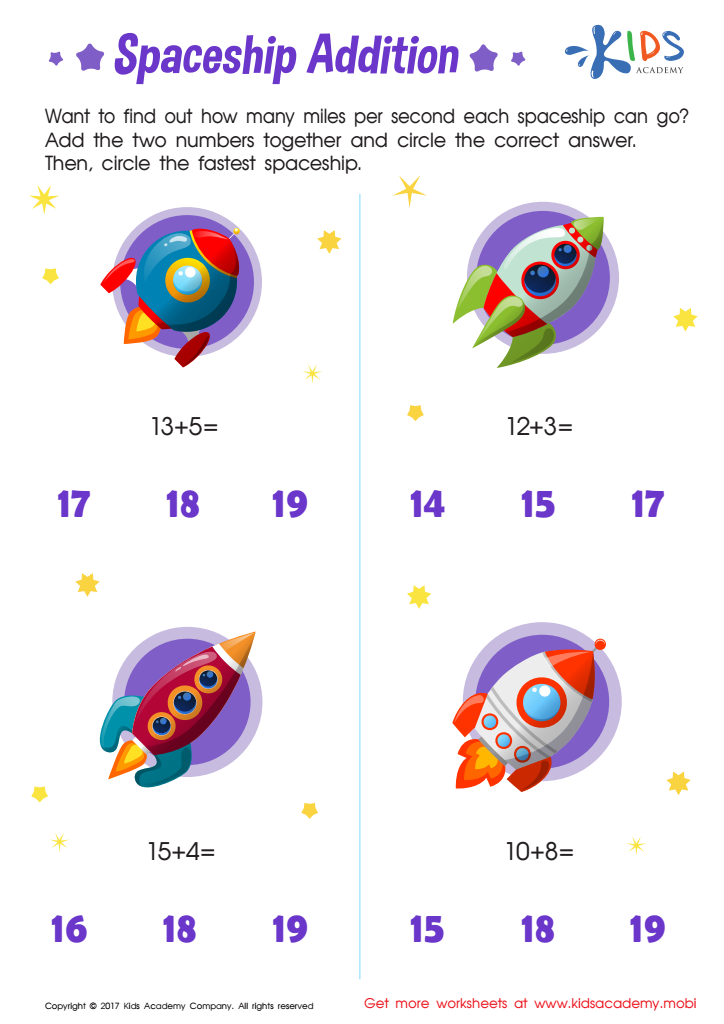
 Assign to My Students
Assign to My Students
